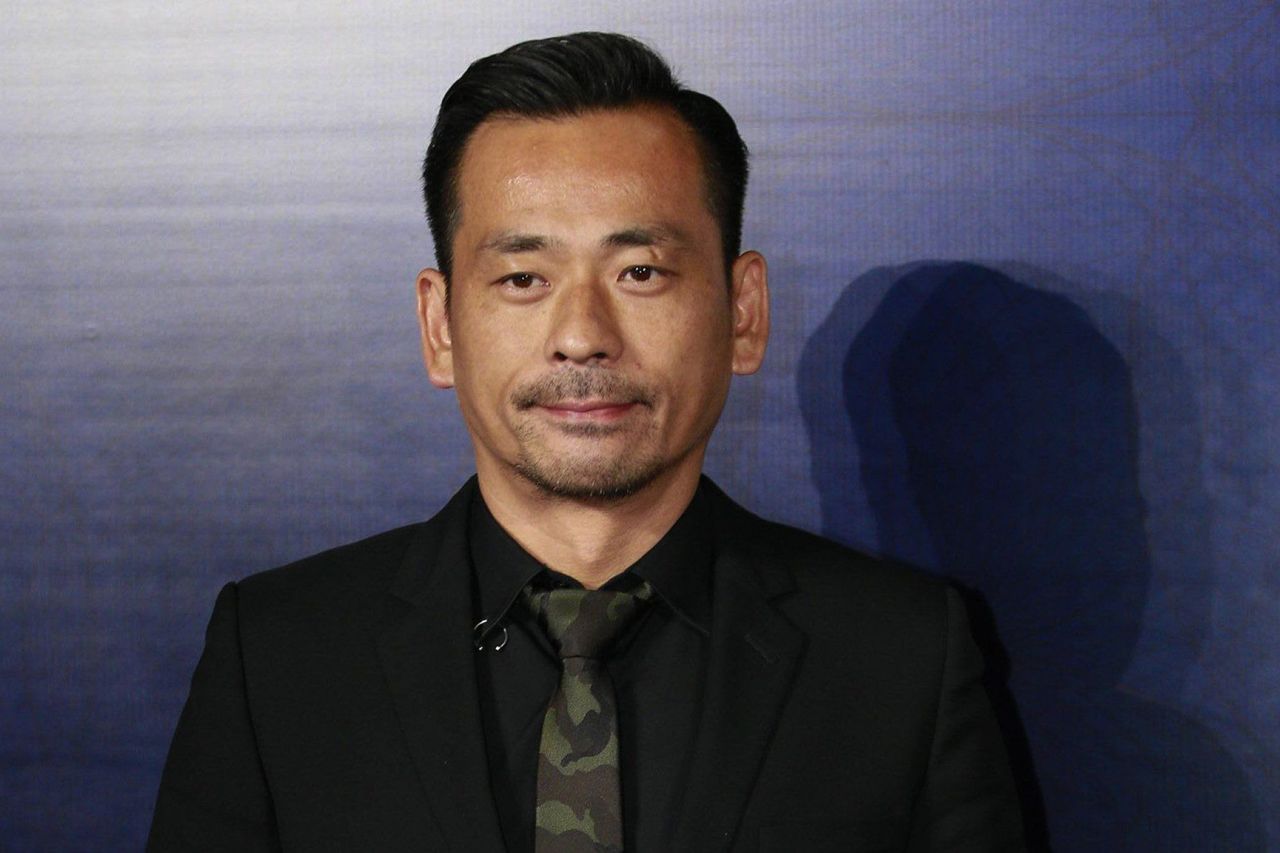Hong Kong News

Macau police arrest 2 over gambling syndicate linked to ‘junket king’ Alvin Chau
Macau’s judiciary police have arrested two businessmen in connection with an illegal cross-border gambling and money-laundering syndicate linked to former “junket king” Alvin Chau Cheok-wa.
The two men, aged 49 and 34, refused to cooperate after they were arrested at a hotel on Friday in connection with a criminal organisation for illegal gambling and money laundering, judiciary police revealed on Sunday.
The pair were accused of running and controlling an online illegal gambling syndicate.
Officers searched the suspects’ workplaces and residences in Macau’s Novos Aterros do Porto Exterio (NAPE) and uncovered computers, servers and about HK$4.1 million (US$526,091) in cash.
According to local media, the two suspects were believed to be Levo Chan, chairman and executive director of Tak Chun Group, and Billy Choi, CEO of Hong Kong-listed Ying Hai Group.
Police said the case was directly linked to another illegal cross-border gambling and money-laundering syndicate involving Suncity Group’s former CEO Chau and 10 others, who were arrested in November last year.
The 11 suspects are currently detained without bail, while Suncity announced the closure of its junket business in mid-December.
The force said that it had obtained sufficient information to show that the group involving the two new suspects had worked with the syndicate linked to Chau.
Chong Kam Leong, a Macau Judiciary Police spokesman, said: “Even though our two operations [in November and now] were targeted at two different groups, according to our investigation, there is sufficient evidence that shows the two groups together participated in illicit and criminal activities.”
He added: “We targeted our investigation at the very criminal group that the suspects were involved in, not at any specific junket entities.”
 The two suspects were believed to be linked to another cross-border gambling syndicate allegedly led by Alvin Chau.
The two suspects were believed to be linked to another cross-border gambling syndicate allegedly led by Alvin Chau.
Chan is also co-chairman and chief executive of gaming and hotel services firm Macau Legend Development, with a 33.2 per cent stake in the Hong Kong-listed company, which owns a tourism complex called Macau Fisherman’s Wharf in the NAPE district.
The firm, which runs three gambling venues in Macau – Landmark, Babylon and Legend Palace – under a so-called services agreement with licensee SJM Holdings, recently said that it had planned to submit a bid for one of six casino concessions to be issued under the upcoming retendering for local gaming licences.
Chan also opened Tak Chun’s first Macau VIP Club in Galaxy Entertainment Group’s StarWorld Hotel in 2007 with the venue being expanded in 2018 to take up the whole 11th floor and featuring 16 tables in seven private rooms.
Chan and Choi were also said to be behind a form of illicit under-the-table betting for high rollers, known in the industry as a “multiplier”, according to police.
The process involves bets placed at the table being used to represent a private bet made between the player and a junket industry associate that could be multiple times the “official” one, with a gaming tax only being paid on the latter.
Meanwhile, Chau’s arrest was part of an investigation launched in August 2019 into the creation of betting platforms outside Macau to attract mainland Chinese into gambling illegally online.
Investigators suspect that Chau had acted as the crime syndicate’s leader and also accused him of working with a person named Zhang Ningning to establish illegal casinos in the mainland.
Authorities in Zhejiang province said they believed the syndicate had consisted of 199 shareholder-level representatives and more than 12,000 agents tasked with promoting gambling, with a client base of more than 80,000 Chinese bettors.
Before his arrest, Chau was ranked seventh by media group Inside Asian Gaming in a list of the 50 most powerful people in the continent’s gambling sector, having helped Suncity grow from operating high roller tables in Macau casinos into a sprawling business conglomerate.
Before Suncity’s closure, the company and Tak Chun were Macau’s largest casino junkets with market shares of 40 and 19 per cent respectively.
The crackdown on the syndicates was believed to be part of Chinese President Xi Jinping’s decision to clean up underground gaming, an industry which Beijing considered to be a financial security issue involving trillions of yuan and illegal lending.











